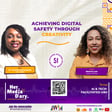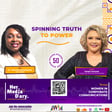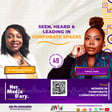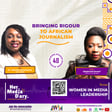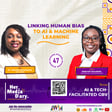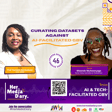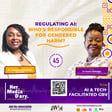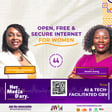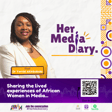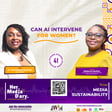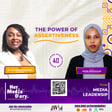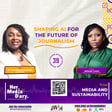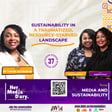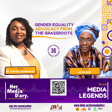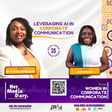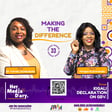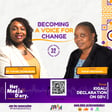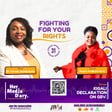
Her Media Diary Episode 38: “AI Integration in Newsroom Operations” with Ruth Butaumocho
Ruth Butaumocho is an award-winning Zimbabwean journalist, gender, and development trainer with over 25 years of media experience.
She is also the Managing Editor of The Herald Newspaper in Zimbabwe.
As a journalist, Ruth has dedicated over a decade to gender reporting, using her platform to highlight the issues faced by women in Zimbabwe. Her personal experiences with domestic violence have fueled her passion for advocating for gender equality and empowering women through her writing.
Ruth's insights serve as a reminder of the resilience and determination required to navigate this ever-changing landscape. Her journey is not just about personal success; it's about paving the way for future generations of journalists, especially women, to thrive in an industry that often presents barriers.
Subscribe to Her Media Diary now on your favourite podcasting platform https://linktr.ee/hermediadiary
Learn about African Women in Media at https://africanwomeninmedia.com
List of Organisations/Resources to Support Women in Media
· International Women’s Media Foundation (IWMF)
· African Women in Media (AWiM)
· Public Media Women in Leadership
· International Journalists’ Network (IJNet)
· Media Career Development Network
